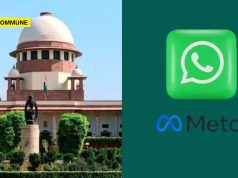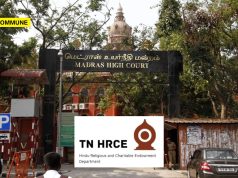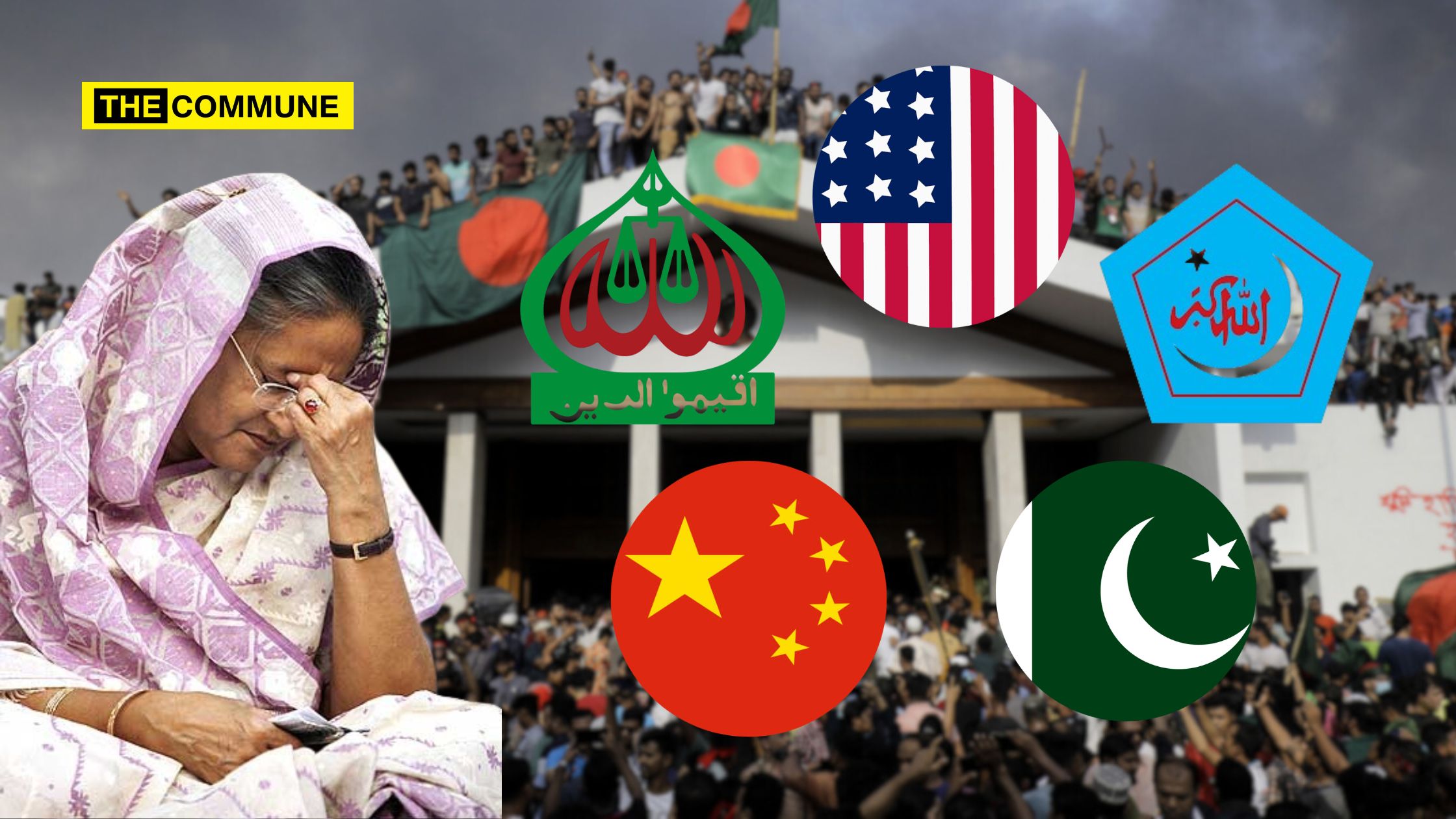
As Sheikh Hasina fled to India on 5 August 2024 after the coup in Dhaka, it is anticipated that the former Bangladesh PM will extend her stay indefinitely due to a “technical roadblock” hindering her travel plans to the UK. This situation mirrors a past occurrence of her exile following the tragic assassination of her father and Bangladesh’s founder, Sheikh Mujibur Rehman, in 1975 during a similar coup. Hasina was in exile, along with her mother and almost all of her family members.
New Delhi is arranging to host Hasina for as long as necessary. Initially, she intended to journey to London to be with her niece Tulip Siddiq, who currently serves as a member of the British Parliament, holding the positions of economic secretary to the Treasury and Labour MP for Hampstead and Highgate. However, the obstacle lies within the UK’s Immigration regulations, which lack provisions for individuals to apply for asylum or seek temporary refuge outside the UK.
Reports indicate that Hasina is exploring alternatives with different nations, such as the UAE and Saudi Arabia, in addition to the countries where her close relatives currently live, such as the United States, the United Kingdom, Finland, and India.
The Fall Of Dhaka
The fall of Dhaka after the coup is alleged to have resulted from aggressive information and psychological warfare tactics employed by external forces, as a lack of adequate resources hindered any effective response. The impact was not confined to the coup or the realm of politics. Instead, it undermined the fundamental principles of liberty that previous generations in Bangladesh struggled to uphold in the face of atrocities, such as genocide and sexual violence.
Bangladesh gained independence from Pakistani rule five decades ago. The United States deployed its 7th Fleet in the Bay of Bengal to impede Bangladesh’s liberation. The liberty earned through Mujibur Rehman’s sacrifice, and the influence of Rabindranath Tagore’s principles has been snatched away. The United States, Pakistan, and China hijacked the movement initiated by Bangladeshis protesting against fair quotas.
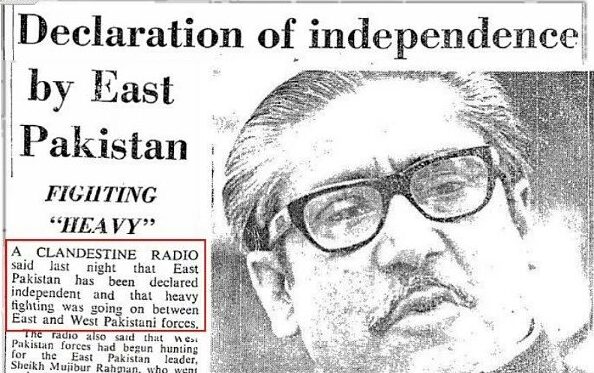

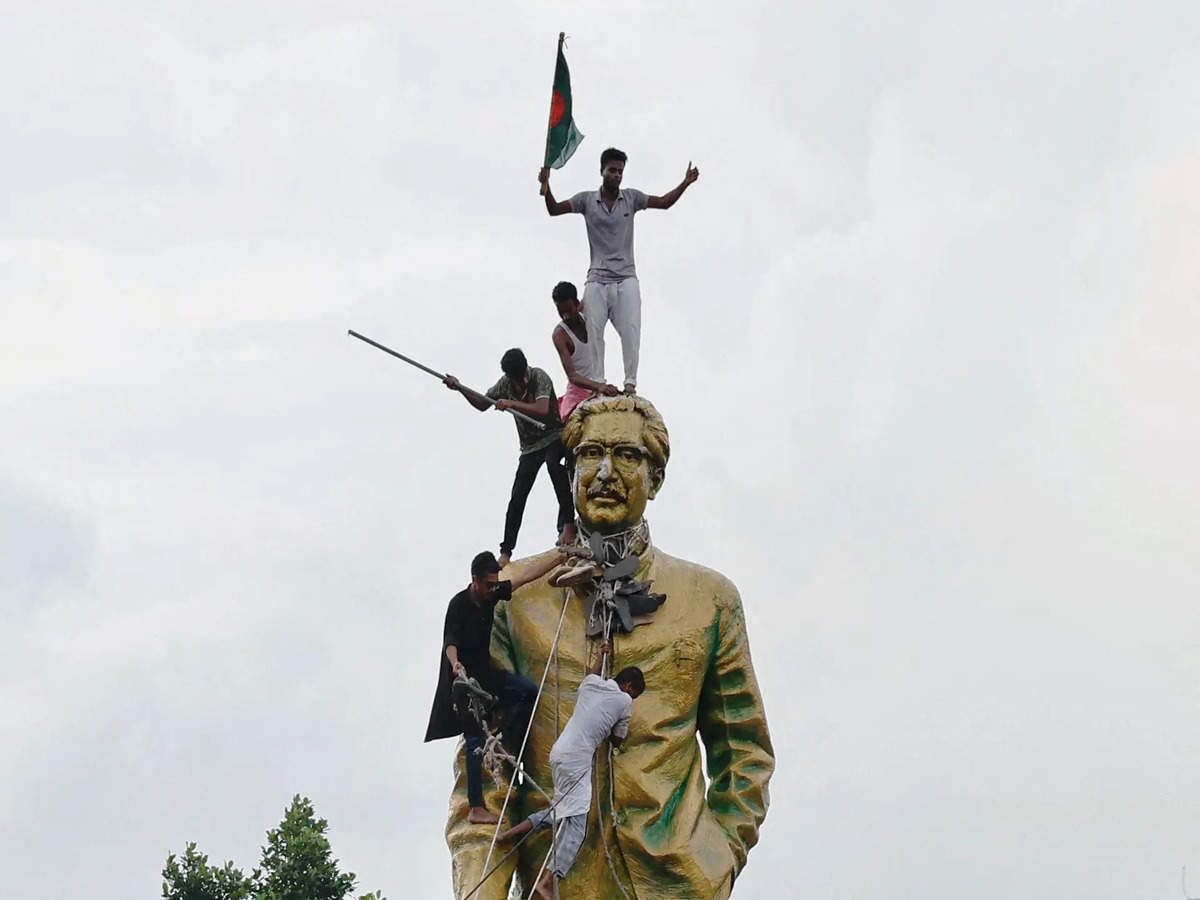
USA’s Influence Through Indo-Pacific Strategy
At a briefing titled “Indo-Pacific Strategy for Bangladesh” held on 24 April 2024, Maxwell Martin, the political officer from the State Department at the US Embassy, emphasised that the US views Bangladesh independently of its relationship with India. Martin reiterated the US’s commitment to supporting the Bangladeshi armed forces in achieving their “Forces Goal 2030” to enhance regional security.
With expertise in analysing the dynamics of revolutions involving Jihad, Martin’s in-depth knowledge ranges from Arabic language proficiency to the Arab Spring, establishing rebel governments in Syria, and understanding the connections between Al-Qaeda in the Indian Subcontinent (AQIS) and Jamaat-e-Islami and its militant factions. This background equips him to gauge the sentiments in Dhaka during times of protest, prompting questions on the relevance of such specialised insight in the context of Dhaka.

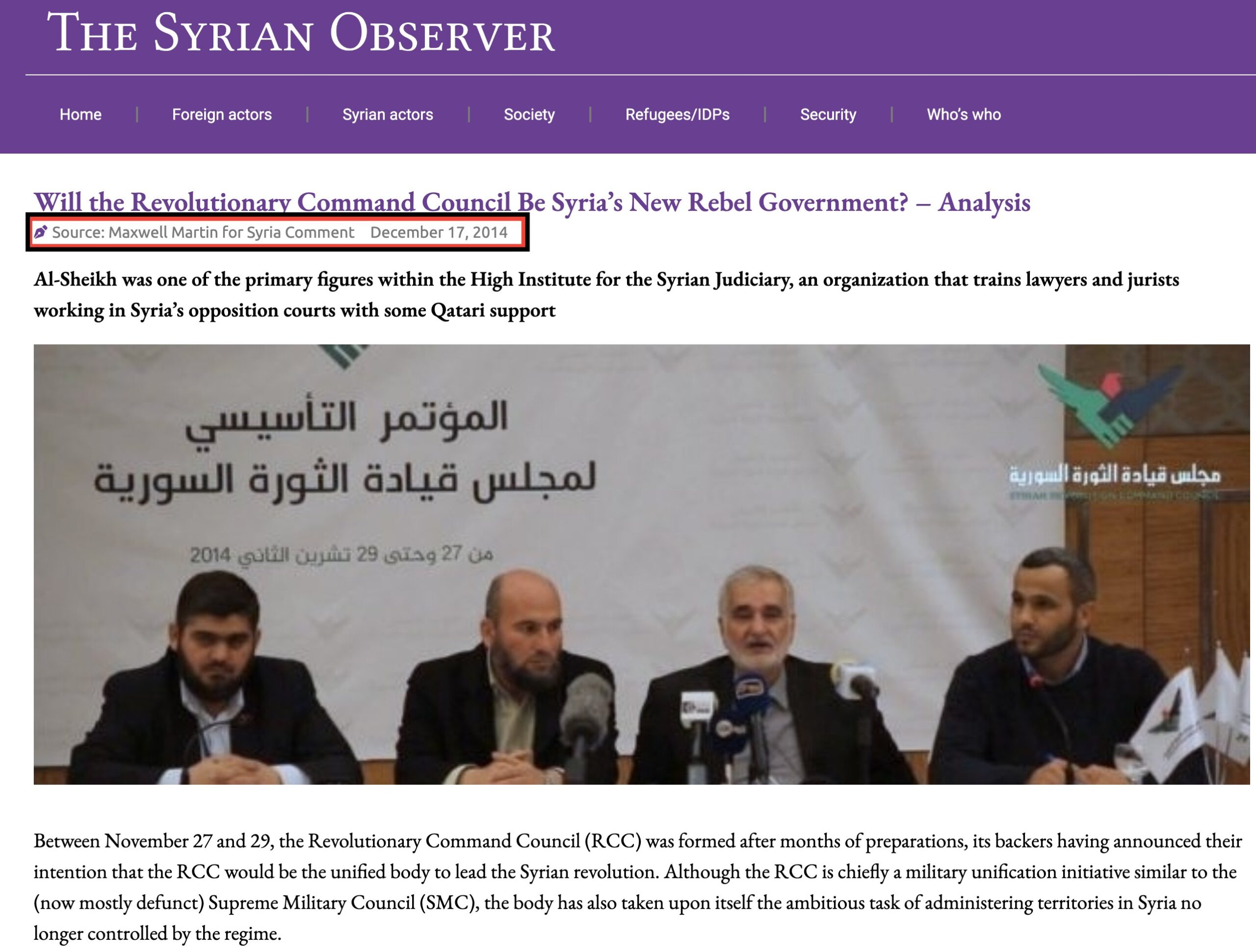
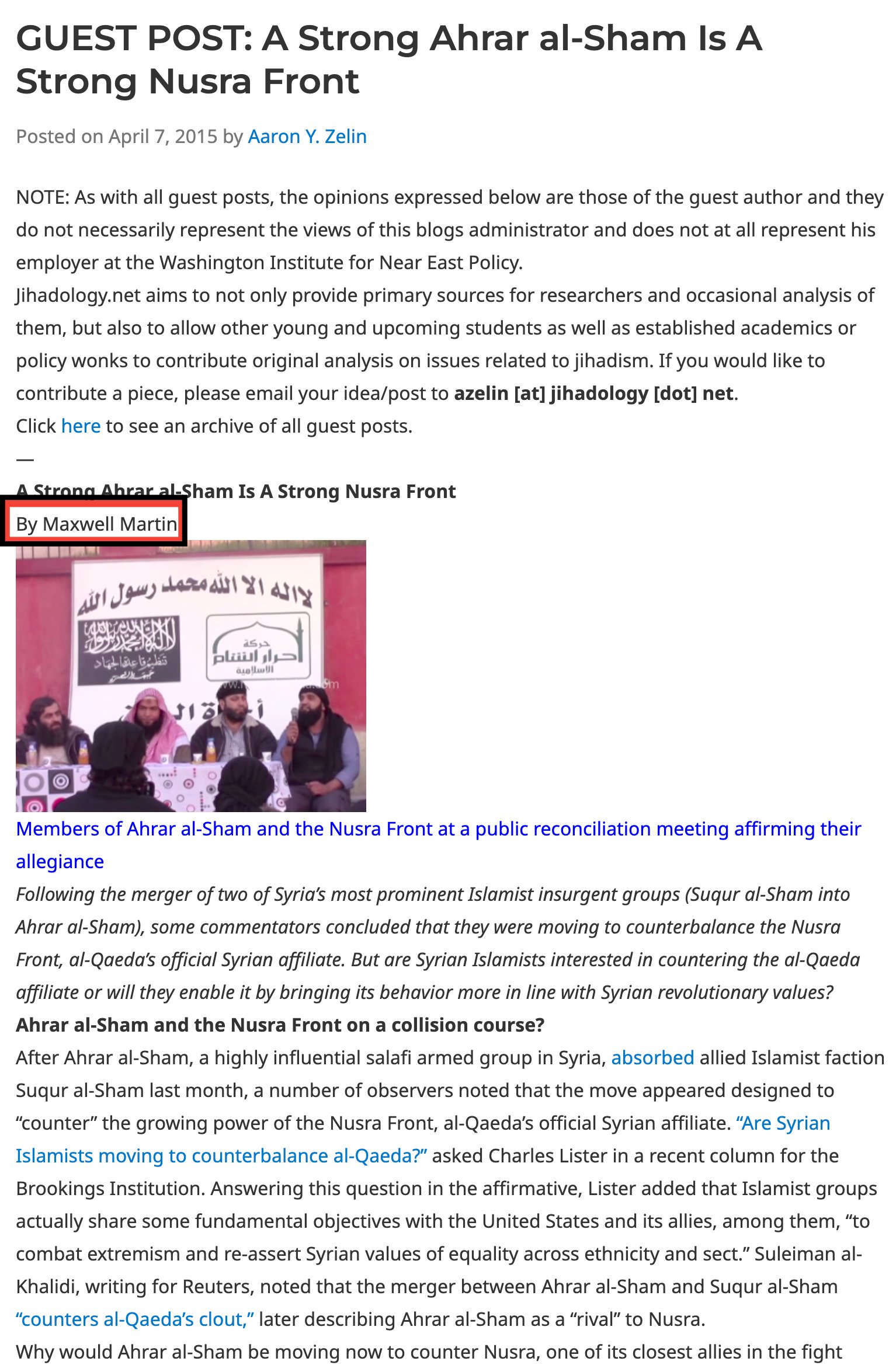
Influence Of Chinese & Communists
During the ongoing protests in Bangladesh, the Chinese embassy is reported to have sent gifts to BNP Chairperson Khaleda Zia through SF International Courier. Khaleda Zia had previously received gifts from the Chinese embassy in 2020.
Amid the heated protests in Dhaka, Chinese officials were allegedly seen moving freely, and Pakistani embassy officials accompanied them. Members of Jamaat-e-Islami (JeI), who had reportedly infiltrated the student protests, even recognised Chinese embassy officials as allies.

Another buzz in Dhaka politics revolves around Rashid Khan Menon, the Chairman of the Workers Party of Bangladesh. Between 13 to 18 May 2024, Rashid Khan Menon, Dilip Barua, General Secretary of the Communist Party (ML), and Shirin Akhter, General Secretary of the National Socialist Party, visited Yunnan, China.
Chinese Ambassador to Bangladesh, Yao Wen, is said to have played an active role in organising mass rallies against the Hasina government upon the return of the communist trio from Yunnan. Subsequently, ISI allegedly embedded Jamaat elements into the protests to try and influence the situation.


Pakistan’s Aspiration To Re-Create East Pakistan
Pakistan’s ongoing ambition to re-establish East Pakistan has been evident since its defeat in 1971, with the shadow of the 93000-figure looming over the Pakistani Army for the past 52 years. Recent events have seen former ISI Chief Lt. Gen. Naveed Mukhtar linked to an allegedly failed assassination plot targeting Sheikh Hasina. Rallies supporting the ‘Razakar’ were said to be orchestrated in collaboration with Left-wing parties. Presently, Pakistan is reported to be lobbying for the lifting of the ban on JeI through their association with BNP as a recognition of their efforts.

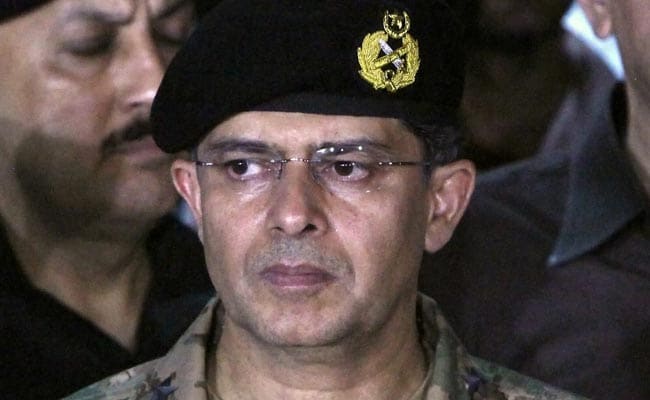
The Islamic Chhatra Shibir (ICS)
The crucial question now is whether Bangladeshis will allow the “Islamic Chhatra Shibir (ICS) terrorists” to seize power. ICS is said to have garnered a notorious reputation for criminal activities across Bangladesh. Operating under the guise of a student organisation, the group’s members are said to have been involved in numerous cases of murder and rape. Note: Chhatra Shibir refers to Student camp.
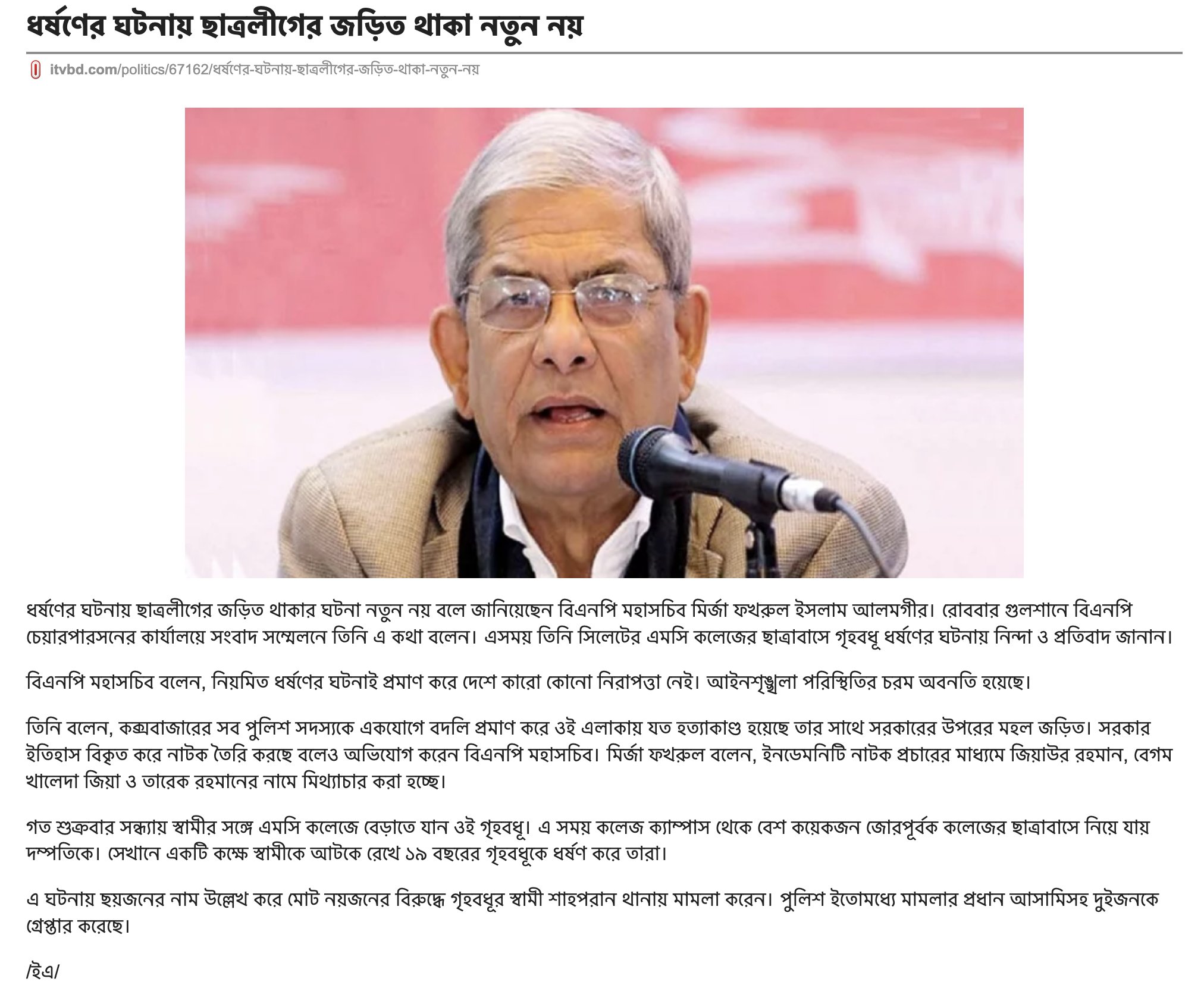
One example of such a situation occurred in 2020 when a married woman was subjected to gang rape in Sylhet. The woman and her husband were at MC College one Friday evening when they were forcibly taken to the college hostel by a group of individuals who sexually assaulted the woman while detaining her husband.

In a separate case, a Shibir leader named Hamidur Rahman Azad (26) was apprehended in August 2021 for attempting to rape a schoolgirl in Sonagazi. Similarly, in March of the same year, Shafiqul Islam, a local ICS leader, raped a young girl when she approached him for onions.
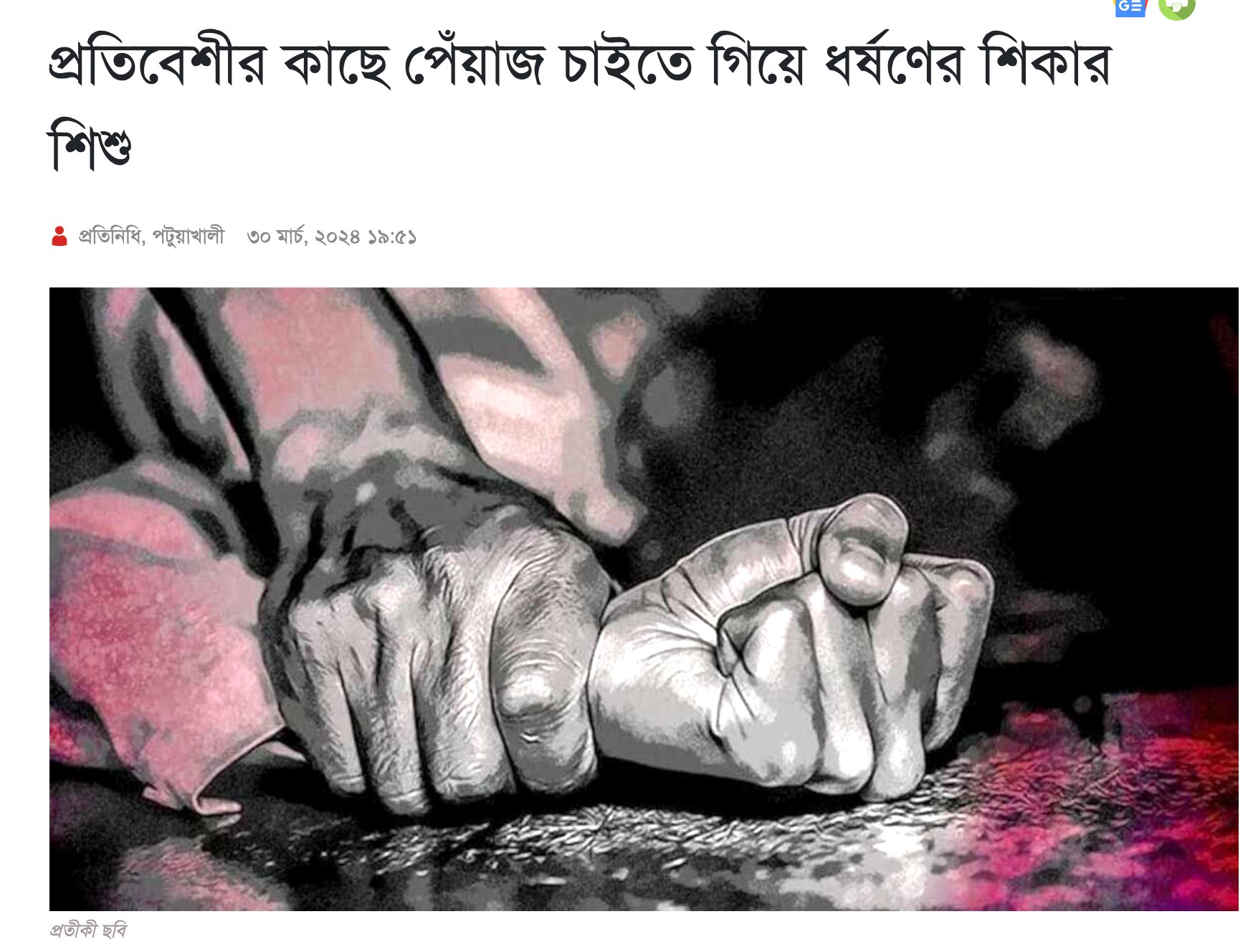
The incidents do not end there; ICS is also said to be involved in trafficking underage Bangladeshi girls to Chinese buyers. Recently, on 8 June 2024, a Chinese national named ‘Jisao Suhui’ was arrested by Bangladeshi police in Uttara for allegedly collaborating with Chhatra Shibir members in human trafficking from the Chittagong hill tracts to China. ICS members are said to entice teenage girls with lucrative job offers through social media, only to exploit and sell them to Chinese buyers after subjecting them to days of sexual abuse.
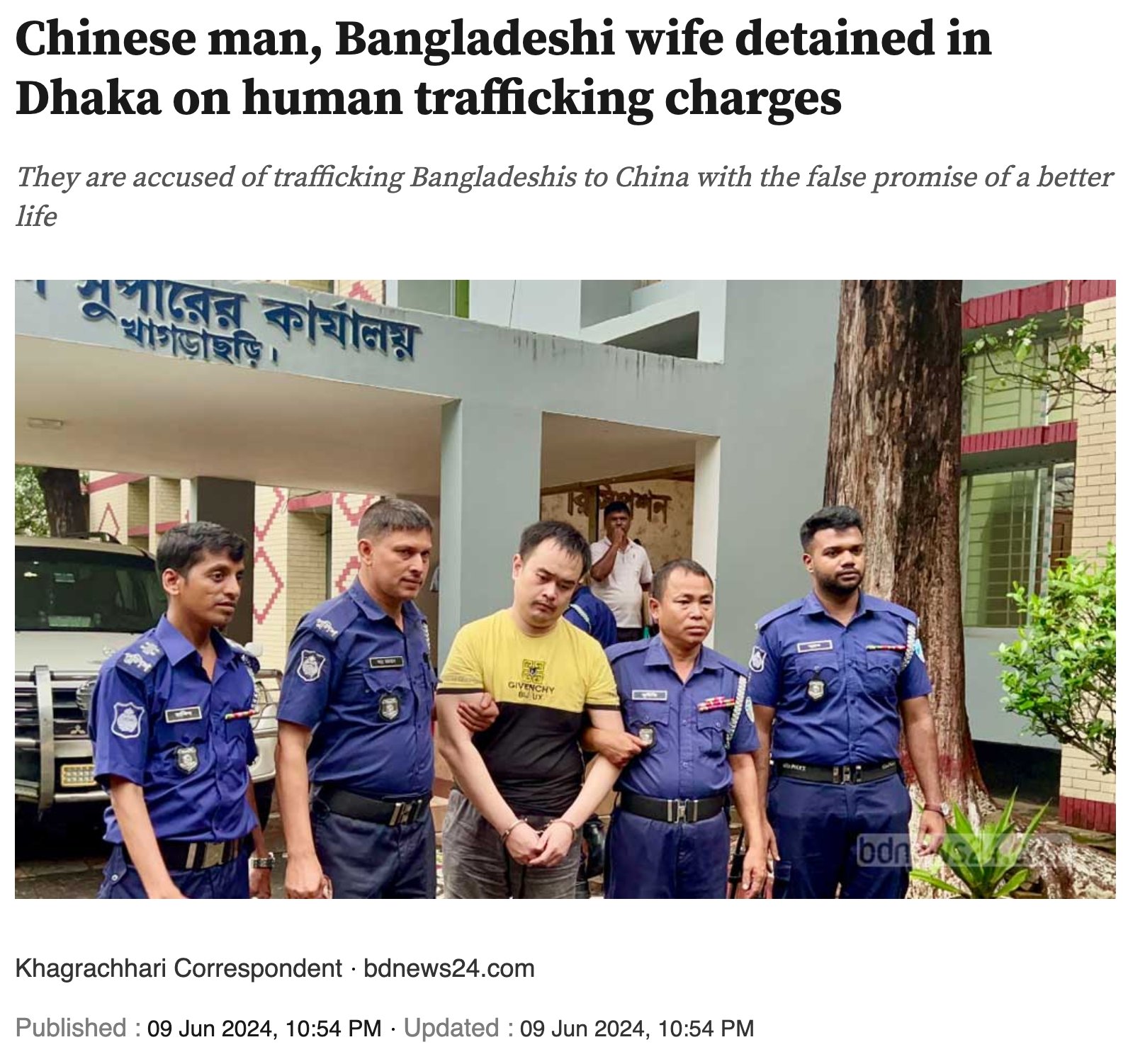 Aside from engaging in acts of rape and murder, ICS members are also said to be implicated in terrorist activities. In May 2022, the Secretary of Bangladesh Islami Chhatra Shibir Rajshahi Metropolis, Dr. Osama Ryan, and six associates were detained on terrorism charges. The ISIS terrorists responsible for the Holy Artisan Bakery attack in July 2016, which resulted in the deaths of 23 individuals, were supported by the Islamic Chhatra Shibir network, with many ICS members affiliated with groups like Jamaat Ul Mujahideen, AQIS, and ISIS.
Aside from engaging in acts of rape and murder, ICS members are also said to be implicated in terrorist activities. In May 2022, the Secretary of Bangladesh Islami Chhatra Shibir Rajshahi Metropolis, Dr. Osama Ryan, and six associates were detained on terrorism charges. The ISIS terrorists responsible for the Holy Artisan Bakery attack in July 2016, which resulted in the deaths of 23 individuals, were supported by the Islamic Chhatra Shibir network, with many ICS members affiliated with groups like Jamaat Ul Mujahideen, AQIS, and ISIS.
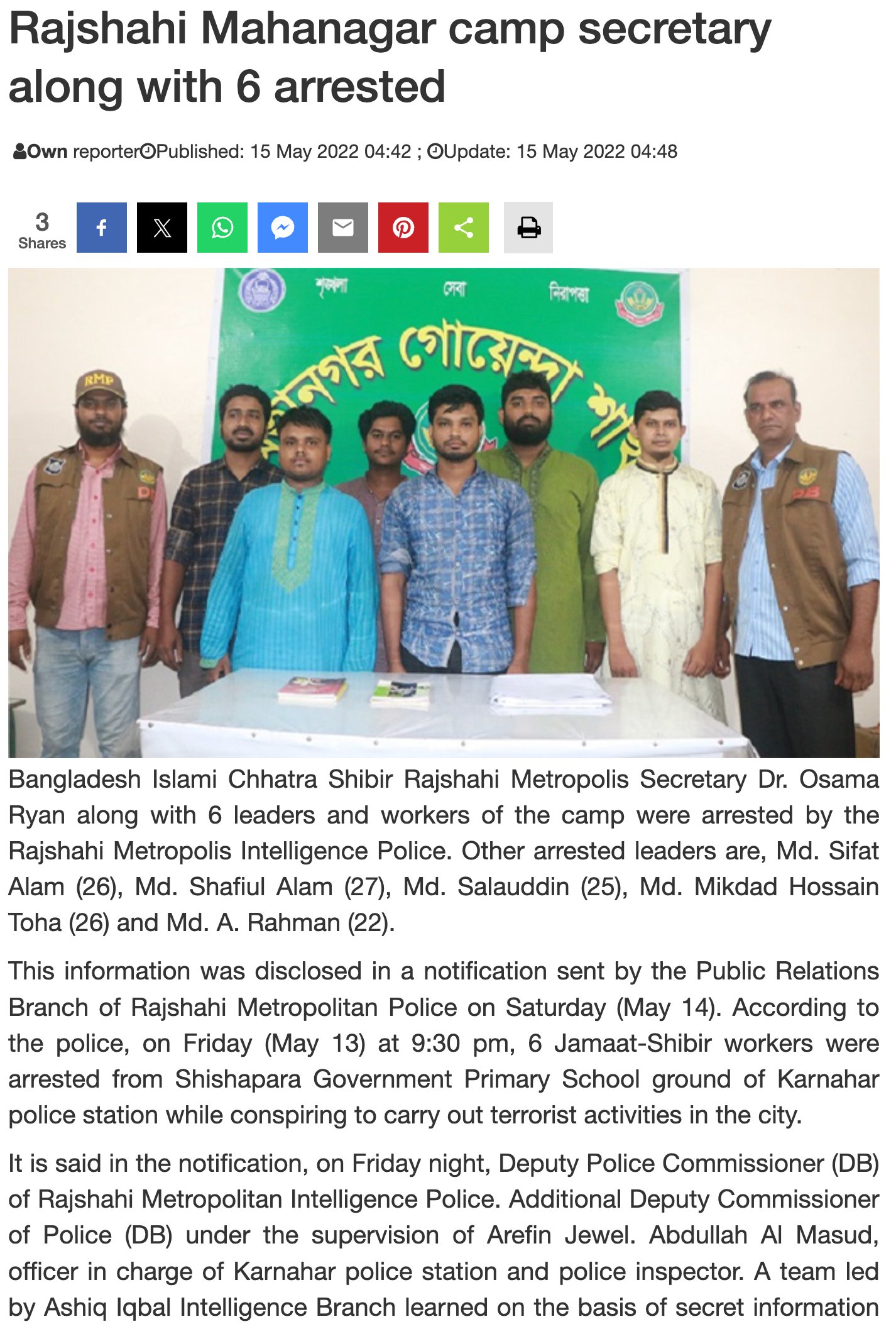

According to the data from 2022, foreign direct investment in Bangladesh increased to $3.44 billion, a 37% growth. Up until August 4, the country was recognised as one of the rapidly developing commercial centres in Asia. With a consistent annual increase in foreign direct investment flows, the ongoing job crisis might have been resolved within seven years.
Extremist groups initiated destructive actions by setting ablaze luxury hotels and destroying public infrastructures, roads, and even the national parliament and Sheikh Hasina’s residence after the coup. The protest, supposedly aimed at protecting meritocracy, is overshadowed by the extremist ideology of Jamaat-e-Islami and ICS, orchestrated successfully by Pakistan.
The influx of foreign direct investment is anticipated to halt, leaving no funds available to enhance quality of life. The students and young people of Bangladesh, who previously rallied for their rightful demands, are now confronted with the necessity to confront their extremist forces or adapt to surviving in a failed state.
In the past, similar distressing situations have been observed in conflicts like the Iraq War, Libya, and Afghanistan. Presently, in Bangladesh, democracy and minority lives are under threat following a coup orchestrated by terrorists who have infiltrated under the guise of protestors. This trend of using student protests as a cover for a coup and persecution of Hindu minorities is alarming and threatens the stability of the region.
(This article is Based on an X thread by Nepal Correspondence)
Subscribe to our channels on Telegram, WhatsApp, and Instagram and get the best stories of the day delivered to you personally.


